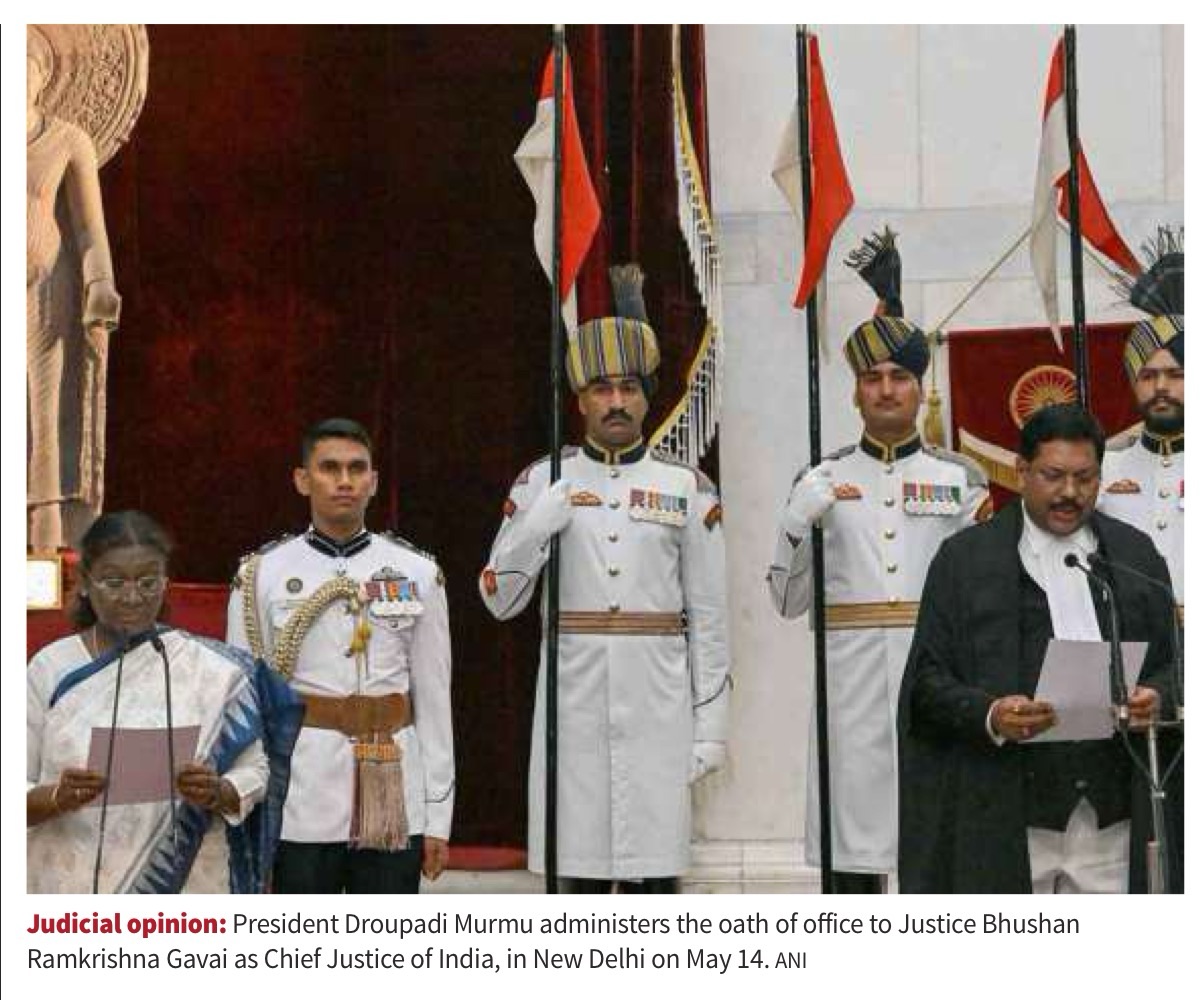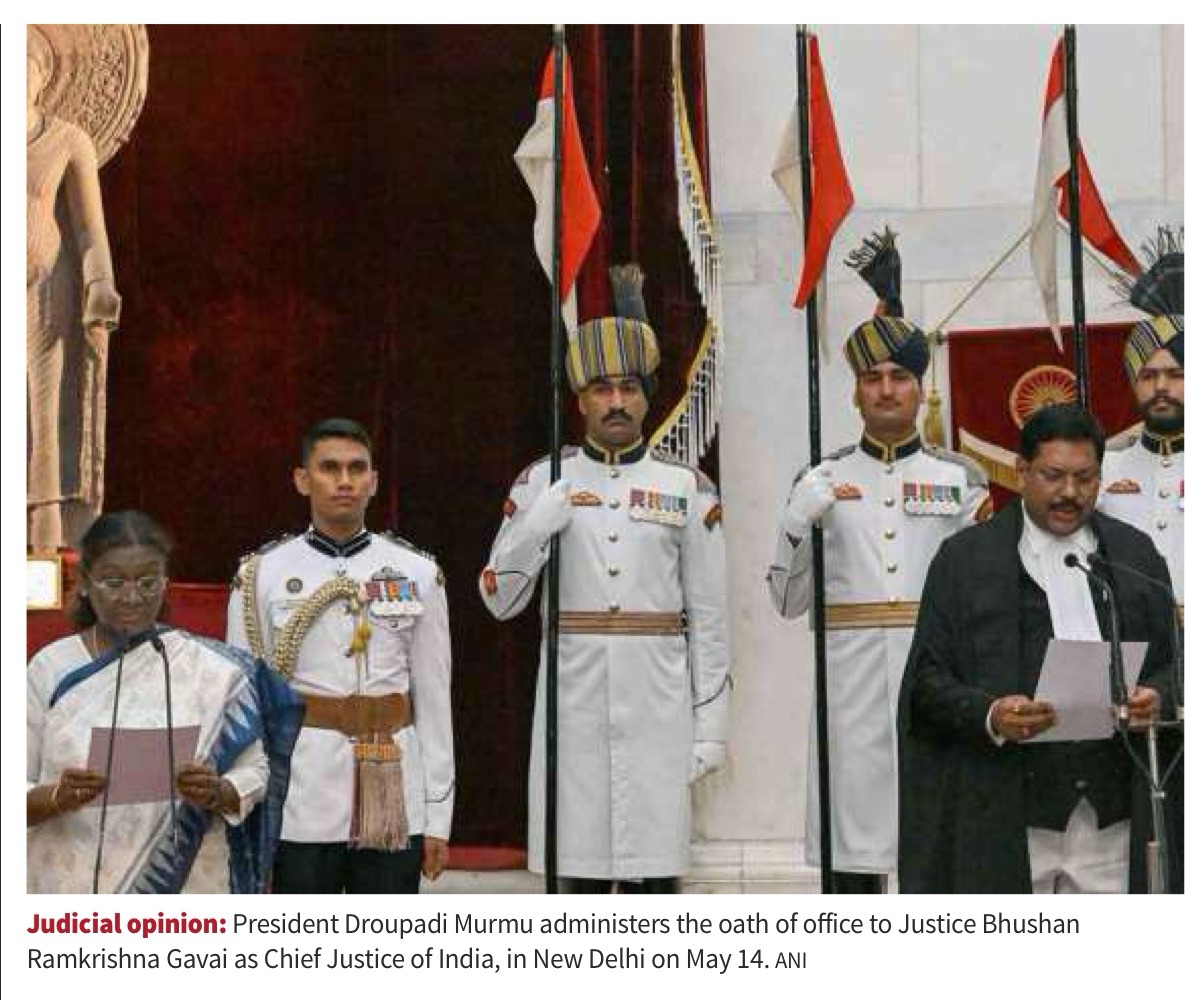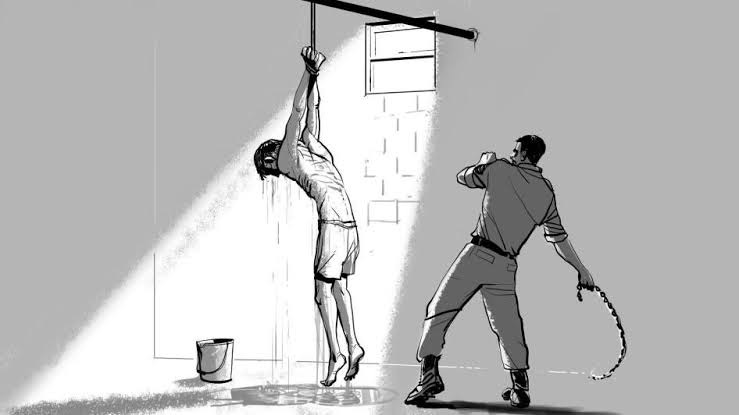In a significant constitutional development, the Supreme Court of India agreed to first hear the objections raised by Tamil Nadu and Kerala regarding the maintainability of a Presidential Reference before addressing the main questions posed in the reference itself. The reference, filed under Article 143 of the Constitution, questions whether the Supreme Court can set timelines for the President and Governors to decide on State Bills forwarded for their assent.
A Constitution Bench led by Chief Justice B.R. Gavai, along with Justices Surya Kant, Vikram Nath, P.S. Narasimha, and Atul Chandurkar, has allocated August 19 as the starting date for the hearing. Kerala and Tamil Nadu, represented by senior advocates K.K. Venugopal, A.M. Singhvi, and P. Wilson, argued that this reference is actually an appeal in disguise and must be returned unanswered.
🔑 Key Highlights (Pointwise):
States’ Objection: Kerala and Tamil Nadu challenged the maintainability of the reference and demanded a preliminary hearing on the same.
Legal Basis: The challenge is based on the argument that Article 143 allows only advisory opinions, not appeals or judicial interference in executive timelines.
Attorney General R. Venkataramani supported hearing States first.
Solicitor-General Tushar Mehta agreed to follow the hearing schedule and timelines strictly.
States’ Claim: The reference is “an appeal in disguise” against judicial precedent and should not be entertained.
Value Addition for UPSC
Constitutional Context:
Article 143: Grants the President the power to refer questions of public importance to the SC for advisory opinion.
Such advisory opinions are not binding, but are highly persuasive.
Separation of Powers:
Raises key questions about judicial overreach vs. executive discretion, especially regarding the President and Governors’ timelines for assent.
The case touches upon the tension between Centre–State relations, federalism, and Governor’s inaction on pending Bills — a frequent issue in Indian polity.
Recent Context:
Tamil Nadu and Kerala have previously raised concerns about Governors withholding assent to Bills indefinitely, making this case critical for resolving institutional deadlocks.
UPSC Prelims Questions (MCQ)
Q1. With reference to Article 143 of the Indian Constitution, consider the following statements:
The Supreme Court is bound to answer every Presidential Reference.
Advisory opinions given by the Supreme Court under Article 143 are legally binding on the President.
Which of the above is/are correct?
a) 1 only
b) 2 only
c) Both 1 and 2
d) Neither 1 nor 2 ✅
Q2. Which of the following is true regarding the Presidential Reference discussed recently?
a) It relates to the imposition of President’s Rule under Article 356.
b) It seeks the SC’s advisory opinion on setting timelines for Governors and the President on State Bills. ✅
c) It challenges the validity of Article 370.
d) It pertains to the delimitation of constituencies in J&K.
UPSC Mains GS-2 Question
Q. “The use of Article 143 to seek judicial advice on constitutional practices reflects the tension between executive discretion and judicial scrutiny.” Discuss in light of the recent Presidential Reference on timelines for Governors to act on State Bills.











